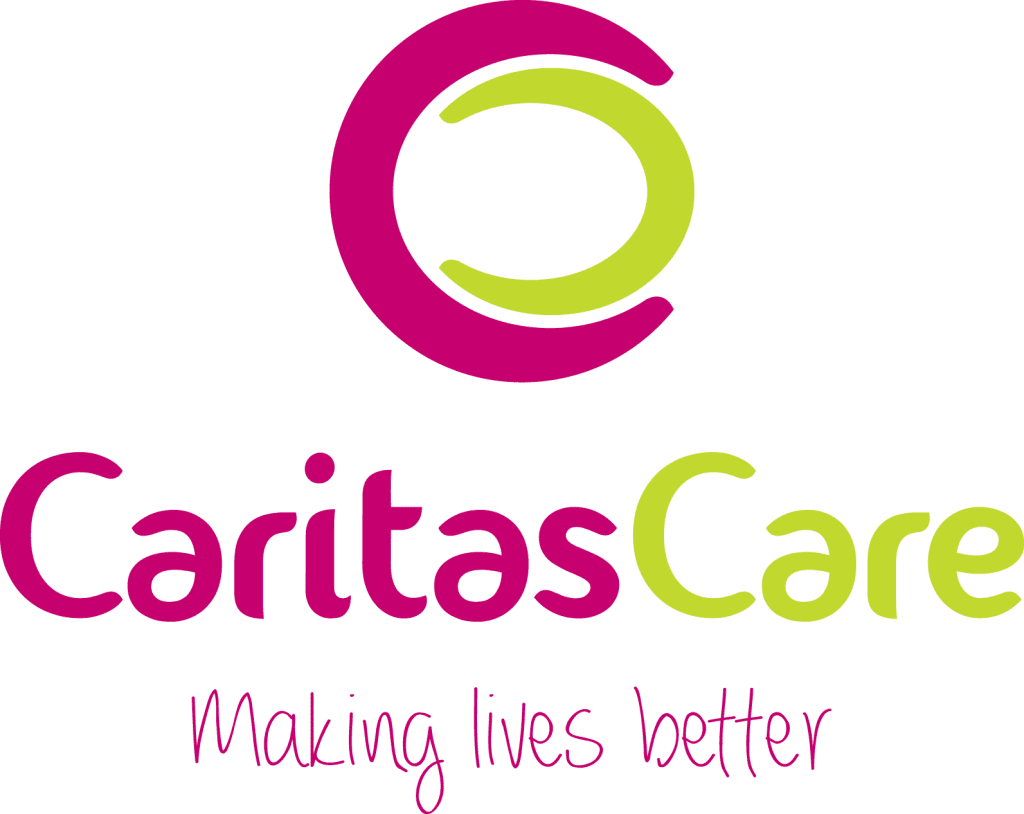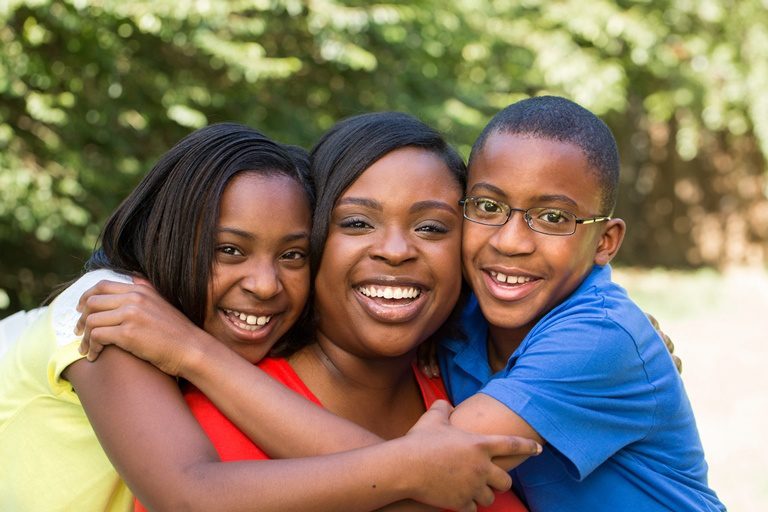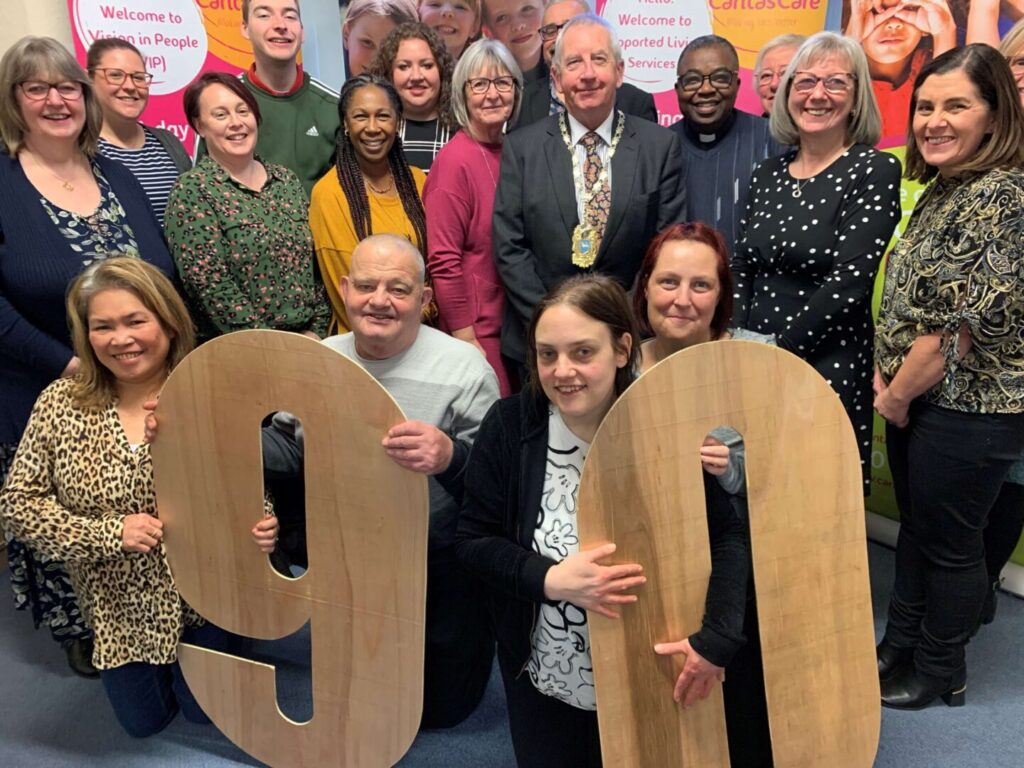Imagine a single track road between you and your future child. What does it look like? Is it smooth and straight? If so then you’re very lucky. But for many people the journey to their children seems to stretch out before them like a marathon, a marathon with huge rocks and obstacles in the way, with sink holes to clamber out of and mountains to climb.
Almost unanimously, all the adopters we have spoken to during our Dear Adopter campaign have said that their principle fear was not becoming a parent and all the challenges that come with that – moreover it was the adoption process itself.
Adopters principle fear was not becoming a parent and all the challenges that come with that – moreover it was the adoption process itself.
Most believed that the adoption process would take years – two to three years on average. Many doubted that they would ‘pass’ what felt very much like a test. Several took exception to the fact that unlike birth parents, they would be subject to very personal almost invasive examinations into their lives.
Back in the 90’s the adoption system had undergone some changes. We had moved away from the tragic ‘Unmarried Mums’ homes and were putting in place more robust child protection procedures. This meant that the types of children coming into the adoption process changed; from babies to children whose safety was in question. It meant that the numbers of children in need of new families grew rapidly in an adoption system that was often underfunded and understaffed. As a result, prospective adopters could wait up to two years.
But that was nearly 30 years ago. The truth today is that there is a nationally agreed timescale for adoption and Caritas Care adhere to this timescale. You might be surprised to learn that assessment to become adopters takes only 6 months.
There is a nationally agreed timescale. You might be surprised to learn that assessment to become an adopter takes only 6 months.
The first stage takes 8 weeks and is an ‘Information Gathering’ stage where the adoption agency complete a DBS check, medicals, gather references. This is a stage that frightens some people, and gets others hackles up. Some lie awake at night wondering whether that terrible school report from their high school geography teacher is going to come back to haunt them.
What is crucial to remember, what we as an agency have got at the very forefront of our minds as we enter into the process is – the child who is waiting. Who is the best person to look after this particular child? We have a duty of care to make sure that the children we place find homes and families in which they are safe …and in which they are happy. –
We are not looking for perfect parents but we do have a responsibility to try to ensure they are going to people who can accept the children for who they are and celebrate that. Potential adopters must be people who will feel comfortable with adopting a child and who will be able to help that child feel comfortable about being adopted.
We have a duty of care to make sure that the children we place find homes and families in which they are safe …and in which they are happy.
Shockingly there have been instances in the news of children who have suffered at the hands of adopted family. Learning from these cases is vital. We are constantly evolving the process of adoption so that as far as possible we can prevent this happening to another child. The responsibility is huge and everyone who works professionally in adoption has a duty of care that they take incredibly seriously.
The cases in which we have to contact an ex-partner people find particularly upsetting. After all, no matter how harmonious the split, you are ex’s for a reason and why should they get a say on whether or not you become a mummy or a daddy? The truth is that they don’t. This is not a character reference in any way. Our contact with them is confined to finding out whether there were any issues that impinge on safeguarding a child. In the vast majority of cases, ex partners are usually very supportive. If they indicate that there were issues, your ex’s statements are not taken as gospel. They are thoroughly and seriously investigated and corroborated – perhaps by other people who knew you as a couple at the time etc.
From the point of view of a potential adopter, the more open and honest you can be, the more we can learn all about who you are and what makes you tick, the more likely it is that when we meet a child just perfect for your family we will know. If you’re active and outdoorsy or patient and prefer curling up with a book – there is no one type of perfect parent we’re looking for. There is only a perfect match.
Which leads us to the second stage of the adoption process, known as ‘Assessment’, which typically takes 16 weeks. During this time potential adopters spend more time with their Social Worker and training sessions, and they start to feel the full extent of what is really happening. We too will spend this time discovering who you are as a person.
If there is one attribute that we look for in our adopters it would be resilience.
Many of the children who come through to adoption have had challenging lives and bring those challenges with them into their new families. This, in addition to all the usual thrills that a family with a new child brings! This part of the assessment explores your ‘stickability’. We are learning about you and, in many ways, you are learning about yourself!
Many people do a lot of growing and changing during the adoption process. It allows them to take stock of their lives, where they are and where they want to be. We are witness to those lightbulb moments, those relationships that pull together. Often our feedback to couples is incredibly positive.
The result is that adopters end up enjoying the process and feel empowered by it.
Shorter than a pregnancy the adoption process is just as tumultuous. It will open you up and test your relationships just the same. The journey we embark upon together is based on honesty and trust and surely they are two pillars worth building your parenting future on. If this is your road to becoming a parent than you have the comfort of knowing that you will be supported and trained and given all the feedback you could need at every step of the way.
It’s worth remembering that the adoption process is a needs led process. Not your needs, though they are important to us; but it’s our understanding of the needs of the children, that inform and guide our work and must be our priority …their road has often been much longer and much harder than yours.




